According to Bloomberg, Vietnam owns the two hottest agricultural products in the world, rubber and coffee, in a context where the world is being affected by climate change.
Over the past six months, a number of investors have made big bets on the tropical agricultural market. Notably, according to Bloomberg, Vietnam is the main producer of two of the four hottest agricultural products on the global market.
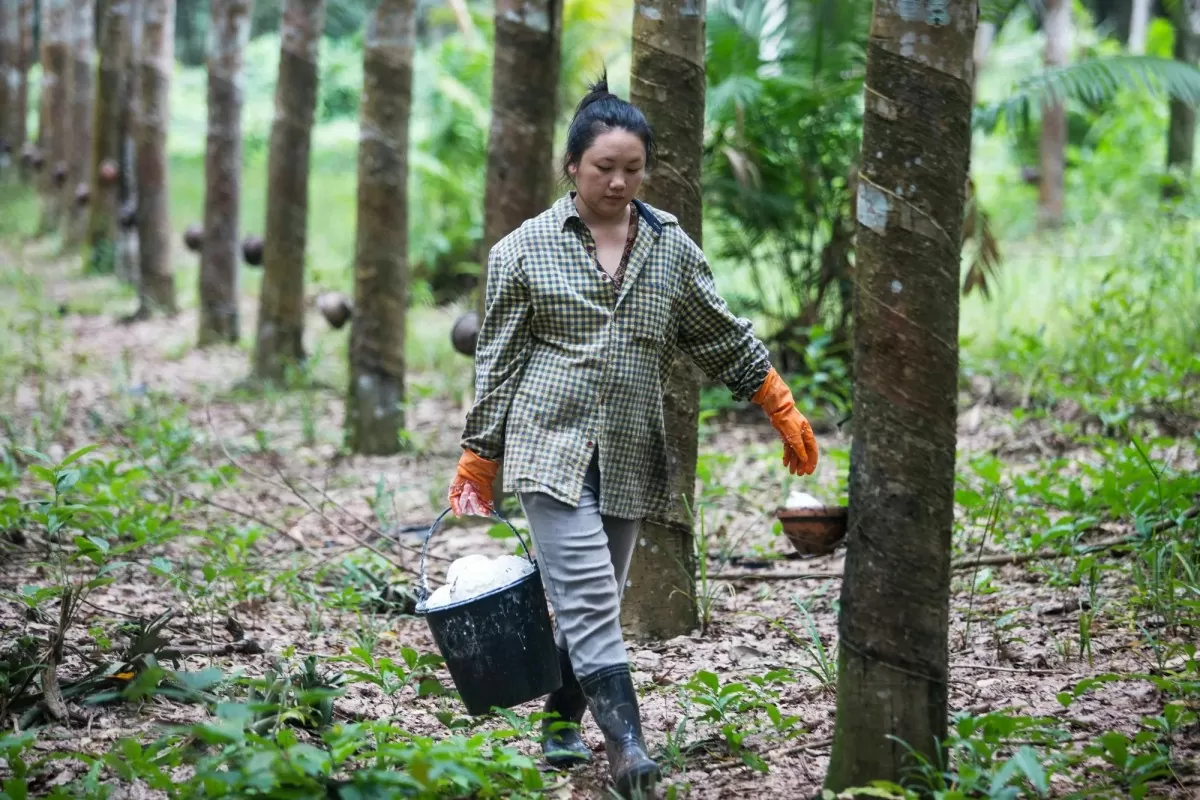 |
| Rubber is one of the two hottest Vietnamese agricultural products on the global commodity market. Photo: Bloomberg |
List of 4 agricultural products that are "heating up" due to climate change
Tropical agricultural commodities have accounted for four of the best-performing commodities on the commodity futures exchange since the start of August 2024. These four commodities are coffee, rubber, cocoa and palm oil.
Global coffee prices have doubled since 2024, according to experts at Bloomberg. Rubber, cocoa and palm oil have all risen more than 20% over the same period. Coconut oil, though not widely traded, is also doing well: Spot prices in Amsterdam have risen about 27% since August 2024.
Although these crops are produced worldwide, they are mainly produced in a few countries. Six countries alone, Brazil, Indonesia, Ivory Coast, Malaysia, Thailand and Vietnam, produce 87% of the palm oil, 71% of the rubber, 59% of the cocoa and 55% of the coffee consumed by the world. According to Bloomberg, our country produces 2 million tons of coffee and 1.3 million tons of rubber annually.
What factors cause agricultural prices to increase?With supply concentrated in these six countries, just bad weather in one area can be enough to send the entire global commodity market into turmoil.
In Brazil, the worst drought in four decades has hampered coffee flowering, burned rainforests and dried up water-supply dams. Heavy rains and flooding in West Africa’s cocoa-growing regions and Southeast Asia’s rubber and palm plantations have had a similar effect, wiping out vast swaths of crops and leaving many farmers unable to reach their plantations to harvest.
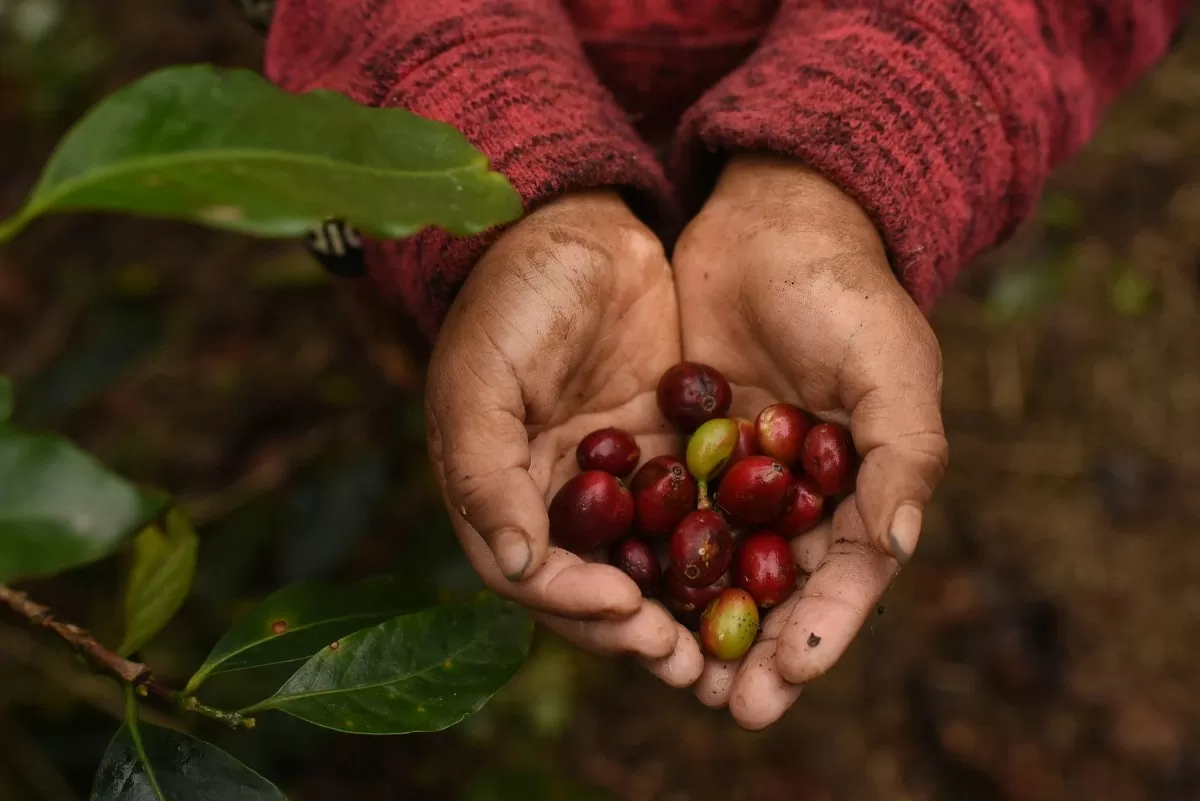 |
| Brazil has been hit by the worst drought in four decades, hampering the flowering of coffee berries. Photo: Bloomberg |
These dire conditions are closely linked and are increasing as the Earth’s climate warms. The La Nina cycle of the past five years has tended to bring dry weather to southeastern Brazil and wet weather to West Africa and southeastern Asia.
These factors make growing tropical crops much more difficult. If the weather gets even a degree warmer, photosynthesis slows, pests thrive, and yields drop. A 2020 study found that 21% of tropical crops will fail to produce seeds by 2070 due to climate change. Another study in 2024 concluded that climate change poses an “existential threat” to tropical fruits like bananas, mangoes, and papayas.
Alarmingly, all four of the “hot” crops can only be grown in tropical regions. In contrast, crops grown in temperate and subtropical regions such as corn, soybeans, tea and sugar are less affected by climate change and have not seen any recent price spikes.
A key factor influencing the prices of tropical agricultural products is the financial condition of the producers. All four crops are produced by smallholder farmers who typically cultivate only a few hectares to supplement their livelihoods.
As the impacts of global warming intensify, most tropical farmers around the world have the financial means to invest in ways to improve crop yields. According to Bloomberg, tropical farmers make up the majority of the 700 million people worldwide living in extreme poverty, earning less than $2.15 a day.
On the other hand, smallholder farmers in the tropics are notoriously unfavorable to rising commodity prices, as the bulk of the profits from these crops go to processors, traders and a handful of large global corporations.
In fact, the four agricultural products of coffee, palm oil, cocoa and rubber are becoming so essential to the lives of global consumers that experts predict that global consumers will have to pay more for products made from these four agricultural products (such as snacks and cars) for a long time. |
Source: https://congthuong.vn/viet-nam-nam-giu-2-loai-nong-san-nong-nhat-toan-cau-373065.html





![[Photo] Readers line up to visit the photo exhibition and receive a special publication commemorating the 135th birthday of President Ho Chi Minh at Nhan Dan Newspaper](https://vphoto.vietnam.vn/thumb/1200x675/vietnam/resource/IMAGE/2025/5/17/85b3197fc6bd43e6a9ee4db15101005b)
![[Photo] More than 17,000 candidates participate in the 2025 SPT Competency Assessment Test of Hanoi National University of Education](https://vphoto.vietnam.vn/thumb/1200x675/vietnam/resource/IMAGE/2025/5/17/e538d9a1636c407cbb211b314e6303fd)
![[Photo] Prime Minister Pham Minh Chinh chairs meeting on science and technology development](https://vphoto.vietnam.vn/thumb/1200x675/vietnam/resource/IMAGE/2025/5/17/ae80dd74c384439789b12013c738a045)















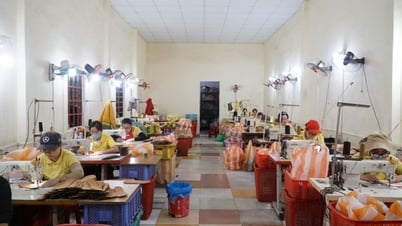






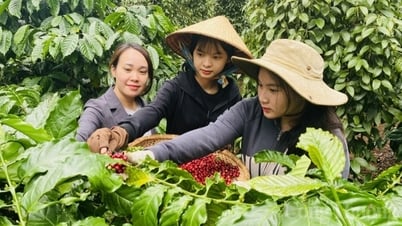
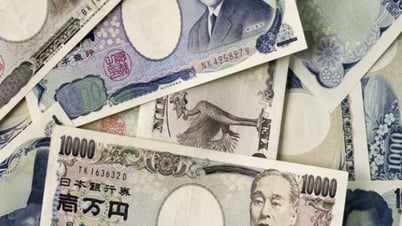
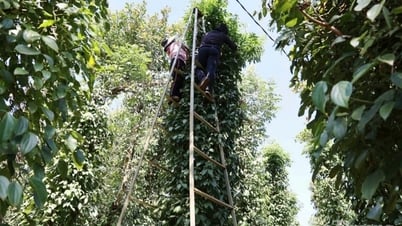
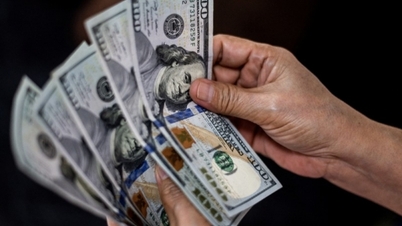

![[Photo] Nearly 3,000 students moved by stories about soldiers](https://vphoto.vietnam.vn/thumb/1200x675/vietnam/resource/IMAGE/2025/5/17/21da57c8241e42438b423eaa37215e0e)


















































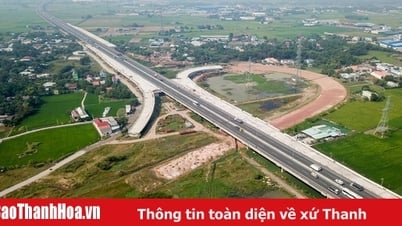

















Comment (0)